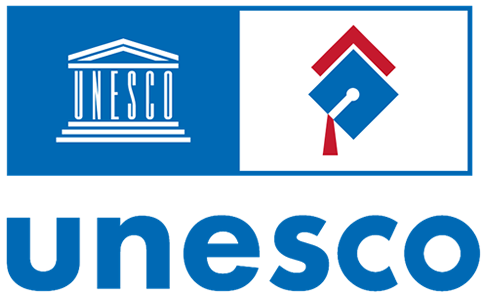Possible futures of higher education in Latin America and the Caribbean: background, current situation, scenarios and alternatives
Abstract
In the 21st century, efforts have been made by UNESCO, the OECD, the World Bank and other institutions -as well as in universities and research centers- to trace the prospects of higher education and its possible scenarios. But the most systematic effort, in my opinion, has been the one carried out recently by UNESCO and UNESCO-IESALC. This article carries out a brief analysis of 5 documents published by UNESCO, between 2021 and 2022, prior to the UNESCO Third WHEC, - held in May 2022 in Barcelona -; and formulates alternative scenarios to those offered by UNESCO in some of these reports, regarding the possible futures of higher education in a world dominated by uncertainty and complexity and facing challenges such as: climate change, geopolitical rearticulation, increasing inequality, political polarization and accelerated technological disruption. It is also highlighted that although Latin America and the Caribbean is a single unit, the differences between the various subregions are enormous. Therefore, it is not easy to make a prospective of higher education in the region as a whole. Despite this situation, in this essay we recommend specific concrete actions regarding higher education in the region, which, if adopted, would imply a better alternative for the future of higher education than what prevails today. But this will depend on the variables that we list in this article and on a multiplicity of regional and global factors.
Copyright (c) 2023 Francisco López Segrera

This work is licensed under a Creative Commons Attribution-NonCommercial 4.0 International License.
Copyright notice
Copyright allows the protection of original material, and curbs the use of others' work without permission. UNESCO IESALC adheres to Creative Commons licenses in the open access publication of ESS. Specifically, texts published in this journal are subject to a Creative Commons Attribution-NonCommercial 4.0 International (CC BY-NC 4.0) license: ESS is an open access journal, which means that all content is freely available to the user or their institution. Users may read, download, copy, distribute, print, search or link to the full text of the articles, or use them for any other lawful purpose, without asking prior permission from the publisher or the author, always making sure to cite the author. Commercial use is not permitted. ESS requires authors to accept the Copyright Notice as part of the submission process. Authors retain all rights.
The full license can be found at https://creativecommons.org/licenses/by-nc/4.0/
 Attribution - NonCommercial (CC BY-NC 4.0)
Attribution - NonCommercial (CC BY-NC 4.0)
This journal does not charge authors for the submission or processing of articles. The authors of the contributions will receive acknowledgment of receipt that the work has reached the Editorial Team of the Journal.




.png)
